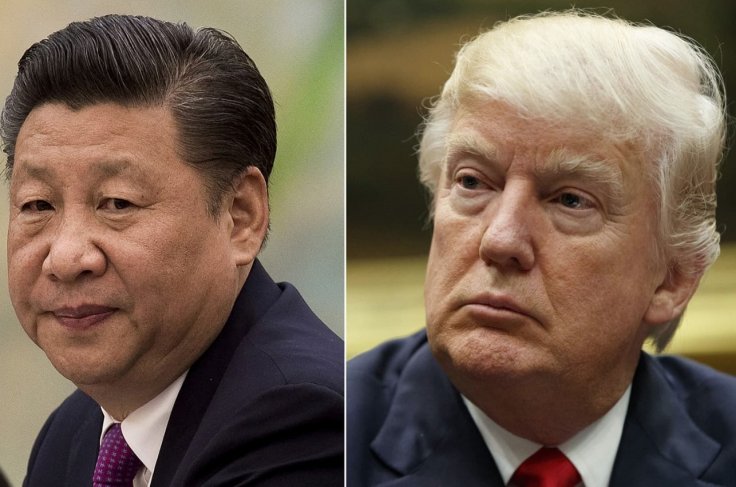iPhones, smartphones, computers, and various other electronic devices will not be affected by President Trump’s sweeping reciprocal tariffs, according to a recent announcement from the administration. The decision marks a major win for companies like Apple and Samsung, while helping Americans avoid steep jump in prices.
In a move that will benefit millions of Americans, the U.S. will exclude roughly 20 items from the new tariffs list, as outlined in updated guidance from Customs and Border Protection—the federal agency responsible for handling tariff collection on Friday. The exempted items also include laptops, hard drives, memory chips, and processors — key tech products that are seldom manufactured in the United States.
Big Relief for Millions of Americans
X
Experts warn that even if domestic production begins, it would take years to scale up. Currently, more than 80% of Apple’s products are manufactured in China — including an overwhelming 80% of iPads and over half of all Mac computers, according to research from Evercore ISI.
In the wake of Trump’s tariff announcement, Apple saw its market value drop by $640 billion.
However, it remains unclear whether the exemption timeout is permanent. The White House’s decision appears to be influenced by technical regulations that prevent overlapping tariffs, meaning the affected products could still be hit with smaller, alternative duties soon.
Bloomberg first reported the temporary pause in tariffs on Saturday, noting that these exclusions might be short-lived and could eventually be replaced by a different, likely reduced, tariff targeting China.
Semiconductors remain a major point of uncertainty. While Trump has promised to impose a specific tariff on the sector, he is yet to take action. The administration’s latest exemptions suggest a temporary pause in those plans.
Trump’s existing tariffs targeting specific industries are set at 25%, but insiders say it’s still unclear what rates could eventually be applied to semiconductors and related manufacturing tools.
No Signs of End to Trade Conflict

X
The U.S. and China continue to be embroiled in a prolonged trade conflict, with Beijing reacting to the most recent tariff increases by threatening to unleash $1.9 trillion worth of exports. Officials framed the move as part of a broader campaign of “long-term economic warfare.”
China’s strategy has shifted from real estate to massive investment in factories, with industrial production showing strong growth in 2025, continuing the rapid expansion seen over the previous two years.
Under President Xi Jinping, the Chinese government has poured trillions of yuan into strengthening its global manufacturing capabilities — especially in sectors like consumer tech, EV components, and industrial semiconductors — cementing China’s central, though often politically sensitive, role in the global supply chain.
Although Apple was left untouched by the latest tariffs, it still faces mounting pressures. The company’s dependence on Chinese manufacturing has made it a frequent flashpoint, especially as nationalistic sentiment grows within China. Users on platforms like Weibo have once again called for boycotts of iPhones in retaliation.
CEO Tim Cook has visited China several times in the past year in efforts to ease tensions and reinforce Apple’s position in the market. Yet, experts caution that the company still faces high risks tied to public opinion and government policy.
While Apple has started shifting some production to India, Vietnam, and the U.S., it continues to rely heavily on China for high-volume, precision manufacturing.







